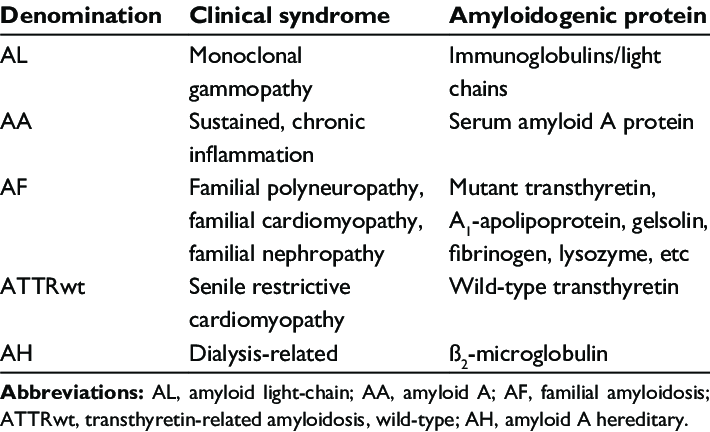
Amyloids are abnormally formed deposits of proteins, which build up inside your body's cells. Amyloids are actually proteins found in the body but are very important for good health. They are responsible for protecting our nerves, blood vessels, and other vital organs and keeping them from getting damaged.
Amyloidosis is a very rare condition where a substance known as amyloid forms in your body. Amyloids are actually abnormal proteins which are produced in the cell's bone marrow and are usually deposited in the body. As the proteins accumulate, the body cannot remove them and begins to form a deposit known as amyloids.
The most common type of amyloids is polymyositis, which is an abnormal protein. It starts in the kidney, heart, liver, and brain. Polymyositis is a chronic condition that affects the nervous system, skin, and muscles. Another type of amyloids, which commonly affects the skin is Seborrheic dermatitis. Seborrhea is a type of dermatitis where the skin thickens in a specific area.
This condition is usually caused by abnormal proteins found in the body which are known as 'plaques'. This condition causes the formation of fibrous masses, which can be hard to treat because it causes the skin to thicken.
In some cases the plaques get so big that they start to interfere with the body's immune system, causing serious complications. In more severe cases, the plaques can break off and travel through the bloodstream to different parts of the body. The amyloids are then able to cause other problems and cause problems with blood clotting, heart failure, nerve damage, and other organ failure.
There are many symptoms that can indicate that you have amyloids. In most cases of amyloids, the person will notice that their legs and feet become tired and experience difficulty walking, difficulty breathing, joint pain and swelling, loss of muscle bulk and texture, shortness of breath, and a feeling of weakness, and fatigue, difficulty swallowing, and eating problems, and weight loss.
If you do notice that you have amyloids, there are many different treatment options available for you
Your doctor may want to do a blood test to determine if it is amyloids or not, but if the plaques are not amyloids, he or she will probably recommend some lifestyle changes such as losing weight and keeping your weight down.
If the plaques are amyloids, then your doctor may recommend surgery to remove the plaques or to treat blood vessel problems. Surgery is often combined with dietary change to stop the amyloids from becoming too large and causing more complications. Your doctor may also recommend surgery to treat the nerves and blood vessels because they are often damaged by plaques.
Surgery is also used to treat skin conditions such as acne, eczema and psoriasis. Some doctors prefer surgery to remove the plaques in the spine because they believe that the plaques can become permanent and they do not have an effective way to remove them.
Another common option is to treat the plaques naturally. Natural supplements are often taken daily to flush out the plaque and reduce the amount of amyloid in the body. Many people also take vitamins that can help reduce inflammation.
Vitamin C is one of the best natural antioxidants because it can reduce the production of the amyloid, which makes the plaques harder to remove. There are also a variety of minerals and herbal supplements that you can take to reduce the amount of plaques in your body.
Taking supplements that can help improve blood flow throughout the body can also help reduce the amount of plaques and thicken the skin. There are a few treatments that are effective for both the removal of plaques and for the reduction of inflammation.